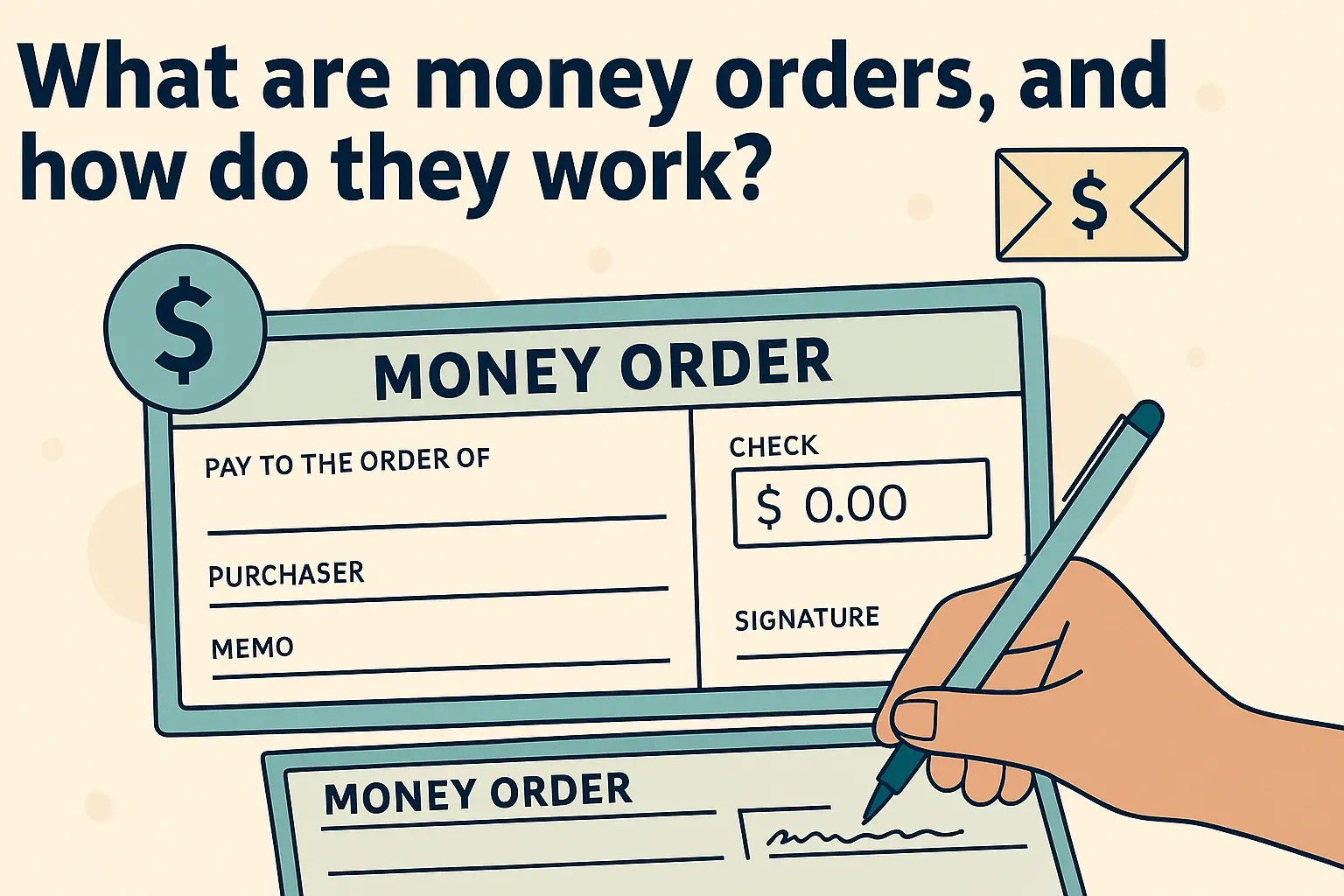Introduction: Buy Now, Pay Later and Your Credit
The financial landscape has been significantly altered by the rise of "Buy Now, Pay Later" (BNPL) services. Companies like Zip (formerly Quadpay) have become increasingly popular, offering consumers the ability to split purchases into smaller, more manageable installments. This convenience raises an important question: Does using Zip affect your credit score? Understanding the relationship between BNPL services and your credit health is crucial for making informed financial decisions.
What is Zip (Formerly Quadpay)?
Zip is a financial technology company that provides a BNPL service. It allows users to make purchases online and in-store and pay for them in four interest-free installments, typically spread over six weeks. This payment structure can be appealing to those who want to acquire goods or services without immediately paying the full price. Zip generates revenue from merchant fees and late payment fees.
How Zip Works: A Closer Look
The Zip process generally involves the following steps:
- Application: You sign up for a Zip account and provide some personal and financial information.
- Approval: Zip assesses your application (often through a soft credit check, if any) and determines your spending limit.
- Purchase: You make a purchase with a retailer that partners with Zip.
- Payment Schedule: Zip divides the purchase price into four equal installments, with the first installment typically due at the time of purchase.
- Repayment: You make subsequent installment payments according to the schedule.
The Direct Impact of Zip on Your Credit Score
The direct impact of Zip on your credit score hinges on several factors, primarily revolving around how Zip reports information to credit bureaus and your payment behavior.
Soft Credit Checks vs. Hard Credit Checks
One of the primary ways financial services affect your credit is through credit checks. There are two main types:
- Soft Credit Checks: These checks, also known as soft inquiries, don't impact your credit score. They are often used for pre-approval offers or by lenders to monitor your existing accounts.
- Hard Credit Checks: These checks, also known as hard inquiries, can slightly lower your credit score, especially if you have many within a short period. They usually occur when you apply for a new credit card, loan, or mortgage.
Typically, Zip performs a soft credit check during the initial application process. This means that simply signing up for Zip and being approved for a spending limit *should not* directly affect your credit score. However, some users have reported seeing hard inquiries from Zip under certain circumstances. It's crucial to review your credit report regularly to monitor for any unexpected hard inquiries.
Reporting Payment History to Credit Bureaus
The most significant factor in determining whether Zip affects your credit score is whether Zip reports your payment history to the major credit bureaus (Equifax, Experian, and TransUnion).
Currently, Zip does not report on-time payment history to the credit bureaus. This means that making all your payments on time will not directly improve your credit score. This is a critical distinction from traditional credit cards and loans, where responsible payment behavior is directly rewarded with a positive credit history.
However, the converse is also true: Zip *does* report late or missed payments to credit bureaus. Negative payment history is a major red flag to lenders and can significantly damage your credit score. Missed payments can remain on your credit report for up to seven years, impacting your ability to secure loans, credit cards, and even rent an apartment or get a job in some cases.
Indirect Ways Zip Can Affect Your Credit
Even if Zip doesn't directly report on-time payments, using the service can still indirectly affect your credit score.
Impulsive Spending and Debt Accumulation
The ease of using BNPL services like Zip can lead to impulsive spending. Splitting purchases into smaller installments can make them seem more affordable, even if they strain your budget. Accumulating too many BNPL debts can make it difficult to manage your finances and increase the risk of missing payments, which, as mentioned earlier, will negatively impact your credit score.
Credit Utilization
While Zip itself doesn't directly affect credit utilization (which is the amount of credit you're using compared to your total available credit), your overall financial behavior can. If using Zip leads you to overspend and rely more heavily on credit cards to cover other expenses, your credit utilization ratio may increase. Keeping your credit utilization below 30% is generally recommended for maintaining a healthy credit score.
Increased Debt-to-Income Ratio
Your debt-to-income (DTI) ratio is the percentage of your gross monthly income that goes towards debt payments. A high DTI ratio can make it harder to get approved for loans and mortgages. While Zip debts may not directly appear on your credit report in the same way as traditional debts, they still represent financial obligations that lenders will consider when assessing your creditworthiness.
Best Practices for Using Zip Responsibly
If you choose to use Zip, it's essential to do so responsibly to minimize any potential negative impact on your credit.
- Budget Wisely: Before making a purchase with Zip, ensure that you can comfortably afford all the installments without straining your budget.
- Set Reminders: Set up payment reminders to avoid missing installments. Many BNPL services offer email or text notifications.
- Avoid Overspending: Resist the temptation to make impulsive purchases just because you can split them into smaller payments.
- Prioritize Debt Repayment: If you have other debts, prioritize paying them down before using BNPL services.
- Monitor Your Credit Report: Regularly check your credit report for any unexpected hard inquiries or negative payment history. You can obtain a free credit report from each of the major credit bureaus annually at annualcreditreport.com.
- Read the Terms and Conditions: Understand the terms and conditions of Zip, including late payment fees and reporting policies.
Alternatives to Zip
If you're concerned about the potential impact of BNPL services on your credit, consider exploring alternative options:
- Saving Up: The most responsible approach is to save up for purchases instead of relying on credit or installment plans.
- Credit Cards: If you have a credit card with a low interest rate and manage it responsibly, it can be a good alternative. Responsible credit card use can improve your credit score over time.
- Personal Loans: For larger purchases, consider a personal loan. Personal loans typically have fixed interest rates and repayment terms, making them easier to budget for.
The Future of BNPL and Credit Reporting
The BNPL industry is rapidly evolving, and there is increasing pressure on BNPL providers to improve transparency and align their practices with traditional credit reporting standards. Some BNPL companies are beginning to report on-time payment history to credit bureaus, while others are exploring ways to better integrate their services into the existing credit ecosystem.
As BNPL becomes more mainstream, it's likely that we will see greater regulation and standardization in how these services interact with credit reporting agencies. This could ultimately lead to a more direct and transparent impact on credit scores, both positive and negative.
Conclusion: Informed Financial Decisions are Key
While using Zip itself might not directly improve your credit score, it's crucial to be aware of the potential indirect effects. Late payments reported to credit bureaus can significantly damage your credit, while responsible use can help you avoid debt and maintain a healthy financial profile. By understanding how Zip works and adopting best practices, you can make informed financial decisions that support your long-term credit health.









